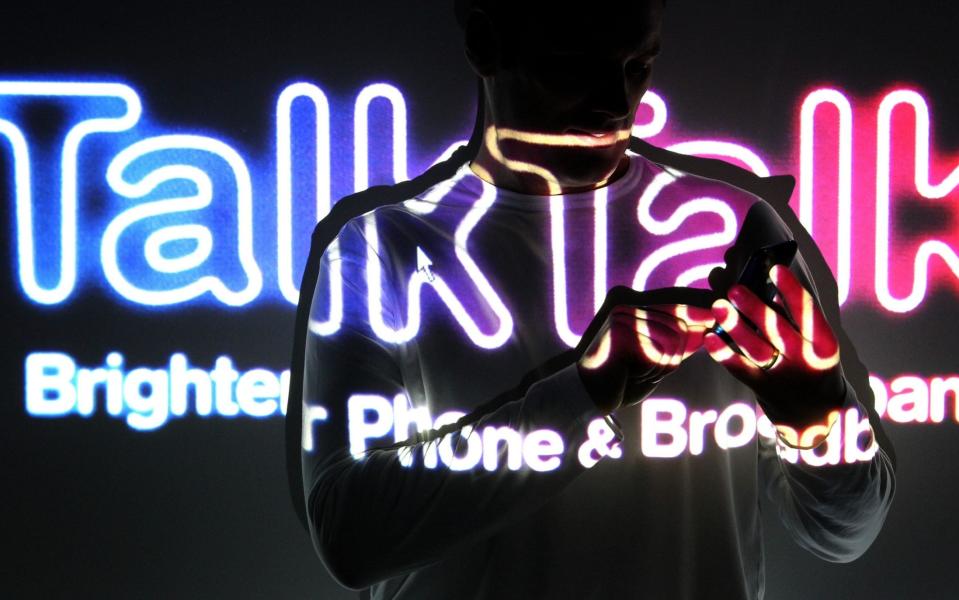TalkTalk boss should dial down the takeover as numbers don't add up

This article is from The Telegraph’s City Intelligence newsletter. Sign up here for incisive analysis of the day's biggest corporate story from our chief City commentator Ben Marlow.
Small wonder TalkTalk has been through loads of finance directors. Making the numbers add up isn’t easy.
Kate Ferry was its fourth in four years when she joined in 2017 and, although she stuck around longer than most, the former Dixons Carphone executive has finally had enough too.
And what a time to bow out, just as the bargain broadband operator slumps into the arms of its second biggest shareholder Martin Hughes and insurance tycoon Peter Woods.
Her exit is even more puzzling when you consider the rosy version of events presented by boss Tristia Harrison with all her talk about “robust performance” and “resilient financials”.
As Ferry knows better than anyone, the numbers don’t lie, so you can hardly blame her for taking another look under the bonnet and deciding not to stick around.
Turnover and profits are both down at the half-year stage, with the company posting a small loss at the pre-tax level after interest payments on its debts, and borrowings are edging even closer to £1bn.
So, if the “journey ahead”, as founder Sir Charles Dunstone describes it, promises to be such an exciting one, then how come the board is recommending an offer price at such a measly premium.
Forget all the spin about a 97p-a-share bid being 26pc higher than the three-month weighted average, though that’s nothing to shout about either, the bidders are gaining control at a premium of just 16pc.
And if you discount the Covid share price slump when it hit lows of 69p, then they are buying at the bottom.
So how does senior non-executive director Ian West conclude that the terms are “fair and reasonable”, particularly when TalkTalk rejected a 135p approach from Toscafund last year?
And how come the board is having to dangle an “alternative offer” in front of shareholders allowing them to take unlisted shares in the company once it goes private, instead of cash?
It suggests a company keener than most to escape the glare of the public market. And given TalkTalk is £16m in arrears and facing court action from Openreach, its BT-owned broadband wholesaler, who can blame it?

Perhaps, having amassed a 29pc stake through his Toscafund vehicle, Hughes should be concerned about throwing good money after bad. Indeed, the structure of the deal looks like he is taking money off the table.
Pricing has been simplified and costs reduced but TalkTalk’s retail customer base is shrinking, and for all its claims to “challenger” status, it can’t compete in a world of bundled pay-TV and mobile services.
Dunstone hoped that a bigger rival would come knocking but a series of cyber attacks that exposed chaotic IT systems hardly enhanced its sale credentials.
It says something that nearly two decades after founding TalkTalk, this was the best that he could come up with.

 Yahoo Finance
Yahoo Finance 